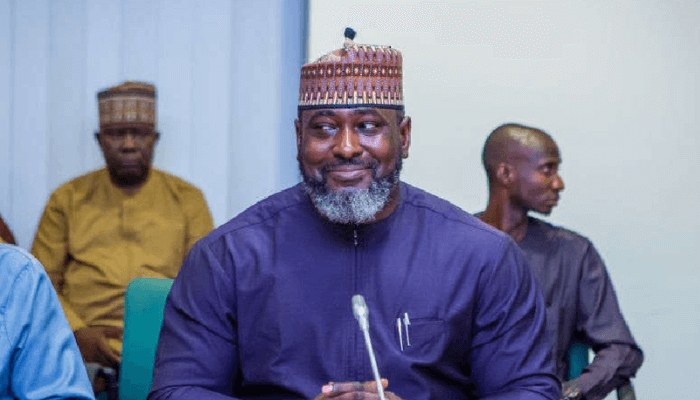In a significant endorsement of its two-year reform effort, Nigeria has been officially removed from the Financial Action Task Force (FATF) Gray List, the global watch list for deficiencies in anti-money laundering and counter-terrorism financing controls.
The decision announced Friday at the FATF Plenary in Paris signals a sovereign inflection point that immediately reduces financial risk and puts the nation in a position to attract more foreign capital.
Delisting follows an ongoing, inter-agency coordination – a 'call to action' – after being placed on the list in February 2023.
CEO of the Nigerian Economic Summit Group (NESG), Taio Aduloju, praised government officials. “Well, first of all, thank you to the CBN, NFIU and EFFC for working hard to bring us back into compliance,” Aduloju told BusinessDay.
Also read: FATF walks out in vote of confidence on Nigeria's financial reforms – CBN
Naira gains, sovereign risks decline
The withdrawal provides an immediate, tangible boost to the currency and sovereign financial position. Gray listing had earlier signaled increased risks, but its removal is a strong support influencing market sentiment.
Soon after, the Naira gained 1 percent.
“It makes a lot of sense,” said Bismarck Raven, CEO of financial derivatives company Beshear. “The Naira and the Rand have appreciated by about one per cent since the news. It is now N1490 in the parallel market.”
Apart from daily currency moves, delisting is expected to improve the country's sovereign credit rating. The drastic reforms that led to this exit are expected to be recognized by global rating agencies, which often use FATF status as a leading indicator of sovereign risk. Optimistically, analysts say the country should expect an improvement in its sovereign credit rating.
Also read: Tinubu excited by Nigeria's exit from FATF gray list
Re-engaging the West and promoting FDI
The FATF gray list has historically served as a significant deterrent, introducing complexity and higher compliance costs for international firms. By dropping off the list, Nigeria has effectively reopened the door to global capital.
Foreign direct investment (FDI) has declined sharply, falling 70.06 percent quarter-on-quarter to $126.29 million in the first quarter (Q1) of 2025. This delisting is expected to reverse that trend, making Nigeria a more reliable destination for western investment.
“This is a big deal because it opens the country up to FDI and especially connectivity with the West,” said Tayo Oviosu, CEO of fintech giant Paga.
For global commerce, reduction in perceived financial risk is important. Mark Smithen, a diplomat leading the UK Department of Trade and Trade team in Nigeria, highlighted the impact on bilateral relations: “De-listing from the gray list will enable more trade to be done and will provide renewed confidence to businesses keen to do business with Nigeria,” said the British High Commission in Nigeria.
Britain's High Commissioner to Nigeria, Richard Montgomery, stressed that the move reflects Nigeria's strong efforts to implement reforms and opens up new opportunities for trade and investment.
Also read: Nigeria's exit from FATF gray list: Big boost to President Tinubu's economic and monetary reforms
Fintech: lower costs, faster payments
The fintech sector, dependent on seamless, low-cost cross-border transactions, was disproportionately affected by the increased compliance burden. For Nigerian fintech innovators, the delisting is a huge win.
Flutterwave CEO Olugbenga Egbula confirmed the immediate benefits. “Flutterwave is Africa's most licensed non-bank financial institution, holding over 50 licenses + having invested extensively to maintain compliance to the highest standards. This gray listing has made cross-border payments/settlements harder and more expensive. This delisting restores trust, reduces remittance and crossborder costs, and unlocks faster, cheaper payments to and from Nigeria. Is.”
Ultimately, delisting directly translates to renewed trust and confidence. However, the immediate challenge remains to translate this compliance into economic wins that citizens can realize.
An analyst said, “As we have said, it is now turning hard-earned gains into an impact that people can feel. Capital inflows will be a good sign… Hopefully the election cycle will be less of a 'wait and see' stance.”











